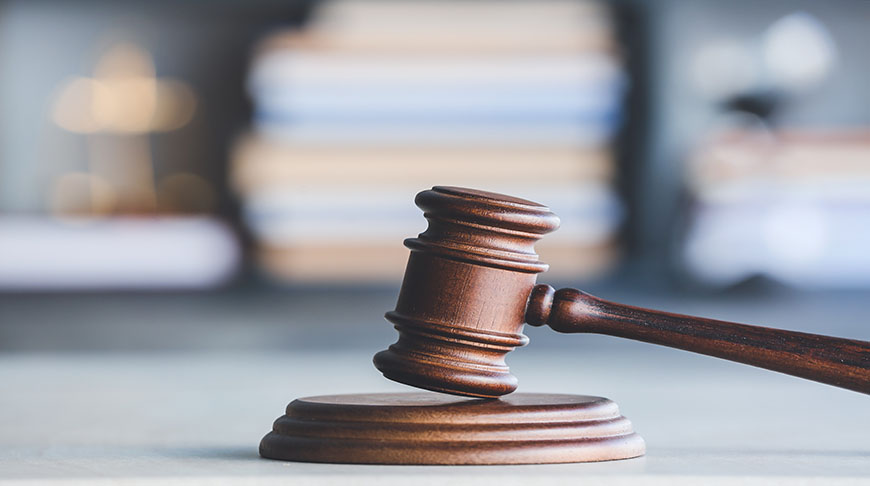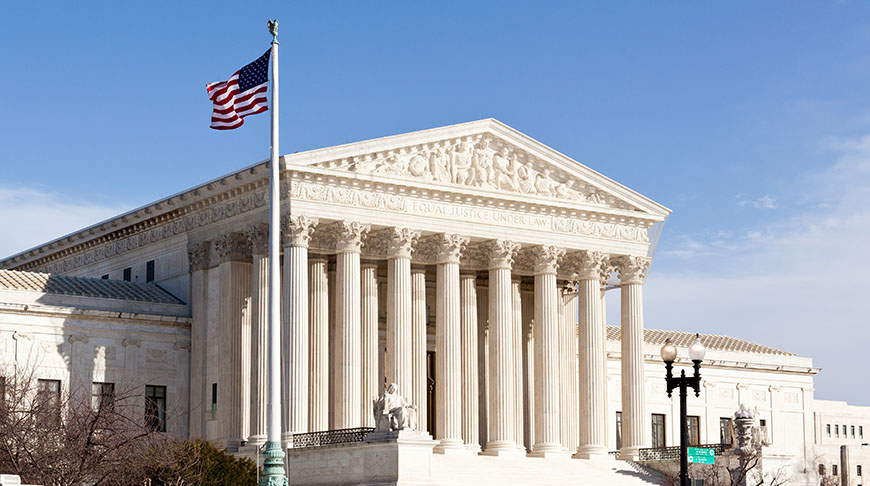Federal Circuit Special Committee Recommends Suspension Of Judge Newman For One Year
- August 4, 2023
- Snippets
A Special Committee of Federal Circuit judges (consisting of Chief Judge Kimberly Moore, former Chief Judge Sharon Prost, and Judge Richard Taranto) that has been investigating for several months allegations against Judge Pauline Newman related to her competency to remain on the bench released an Order on Monday recommending she be suspended from participating in the Court’s business for a year. The suspension is subject to review should Judge Newman agree to submit to neurological and psychiatric tests previously mandated by the Special Committee. To date the Judge has refused, although she has provided evidence from her own medical specialists as to her competency.
The basis for a hearing held on July 13th (a redacted transcript of which is included as an Exhibit to the Order) and the Special Committee’s Order is whether Judge Newman’s refusal to comply was itself judicial misconduct, which the Committee found it was. In its Order the Committee sets forth the legal, procedural, and factual justifications for its actions and its decision in the Order. These include a legal justification for the Committee’s authority to conduct the investigation and issue its Orders, and the evidence supporting its reasonable basis for requiring the mandated medical and psychiatric examination and records that Judge Newman has failed, in their view, to provide. Judge Newman has had no good cause for that conduct, according to the Order. Accordingly, her refusal constitutes judicial misconduct.
The one-year suspension is mitigated by the Committee’s further decision that it may be lifted should Judge Newman undergo the required tests by the Committee’s chosen medical and psychiatric professionals and should those results rebut the allegations of unfitness raised in part by the Committee itself.
The Order also includes extensive albeit redacted evidence regarding the behavior and conduct that the Committee asserts has justified its investigation.

Judge Newman for her part has filed suit in the District Court for the District of Columbia on allegations that the Special Committee’s actions violate Article III of the Constitution (regarding life tenure for federal judges) and Article I (that the House of Representatives has sole authority to remove a federal judge from office); Fifth Amendment violations of due process; First Amendment violations related to a “gag order” against the Judge; and Fourth Amendment violations for unconstitutional search relating to the compulsory medical and psychiatric examinations. That suit is ongoing, but the parties are under an Order by the District Court to submit to “informal” mediation that will be overseen by Thomas Griffith, a retired judge on the Court of Appeals for the D.C. Circuit.
Judge Newman has recently given interviews to IP Law 360, Bloomberg Industry Group and the Bloomberg’s On the Merits podcast, the Washington Post, and Clause 8 podcast to explain her beliefs on the falsity of the allegations against her and why the Special Committee has taken its actions against her.
Two former Chief Judges of the Court, Judge Paul Michel and Judge Randal Rader, have spoken out in the Judge’s defense (see, Chief Judge Moore v. Judge Newman: An Unacceptable Breakdown of Court Governance, Collegiality and Procedural Fairness and The Federal Circuit Owes Judge Newman an Apology, respectively) and Dr. Ron Katznelson as published a study on possible motivations other than Judge Newman’s competency that may have factored in the creation of the Special Committee and its recent actions.


